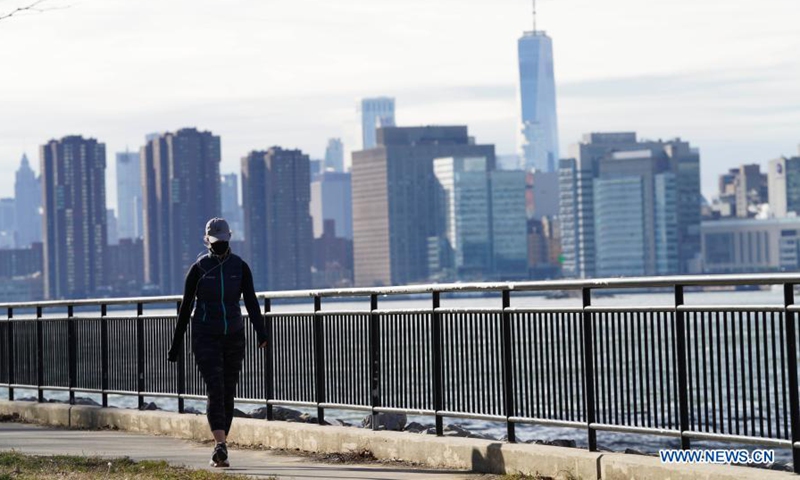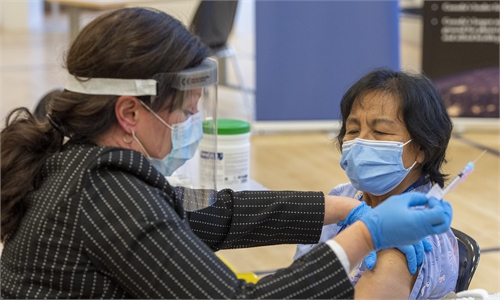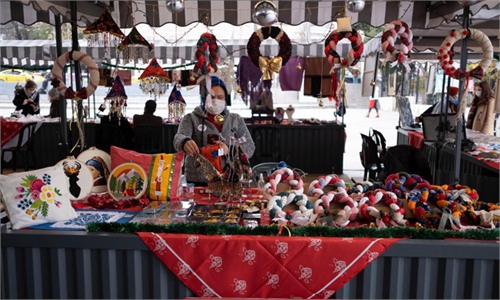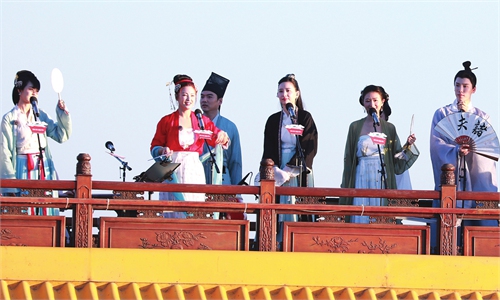Biased language in some job adverts in Britain deters as many as one in two women from applying, a study said on Wednesday, amid a push to attract more women to male-dominated sectors.
Openreach, which operates most of the country's broadband network, found that women's interest in applying for an engineering job increased by more than 200 percent when changes were made to language in an advert.

"We were amazed to see just how much of a difference language makes," said Kevin Brady, human resources director for Openreach, which is seeking to recruit women for 500 out of 2,500 new engineering jobs in 2021 - 10 times historic levels. "We hope that this will be the catalyst for helping to break down barriers stopping women from considering a role in engineering."
While 80 percent of women said they would not consider working in engineering, 56 percent were interested in the job once the advert had been rephrased, including replacing the word "engineer" with "network coordinator."
The new advert also listed skills in more neutral language, stipulating that applicants should not be afraid of heights and be good at getting things done. Just over 3 percent of Openreach engineers are women compared to 11 percent of engineers nationally.
With a quarter of respondents, who were aged 18 to 55, saying they still believed certain roles were more suited to men, the researchers said the findings had implications for many other industries.
Lawmaker Caroline Nokes, chairwoman of parliament's women and equalities committee, said encouraging more women into engineering had been a battle for decades. "This study takes a big step towards removing barriers which would stop women even considering themselves for roles they are perfectly capable of doing."
Hilary Leevers, chief executive of Engineering UK, urged other companies to review the language they used in advertisements.
The study also showed 55 percent of respondents were possibly considering a new career because of the pandemic.
Openreach, which operates most of the country's broadband network, found that women's interest in applying for an engineering job increased by more than 200 percent when changes were made to language in an advert.

A woman walks along the East River at a park in New York, the United States, on Jan. 9, 2021. The total number of COVID-19 cases in the United States topped 22 million on Saturday, according to the Center for Systems Science and Engineering (CSSE) at Johns Hopkins University. Photo: Xinhua
The company asked 2,000 women about two different adverts for the same job, and found they were put off by macho phrases like "being on the road in your van" and "getting your hands dirty" and mention of climbing a telegraph pole."We were amazed to see just how much of a difference language makes," said Kevin Brady, human resources director for Openreach, which is seeking to recruit women for 500 out of 2,500 new engineering jobs in 2021 - 10 times historic levels. "We hope that this will be the catalyst for helping to break down barriers stopping women from considering a role in engineering."
While 80 percent of women said they would not consider working in engineering, 56 percent were interested in the job once the advert had been rephrased, including replacing the word "engineer" with "network coordinator."
The new advert also listed skills in more neutral language, stipulating that applicants should not be afraid of heights and be good at getting things done. Just over 3 percent of Openreach engineers are women compared to 11 percent of engineers nationally.
With a quarter of respondents, who were aged 18 to 55, saying they still believed certain roles were more suited to men, the researchers said the findings had implications for many other industries.
Lawmaker Caroline Nokes, chairwoman of parliament's women and equalities committee, said encouraging more women into engineering had been a battle for decades. "This study takes a big step towards removing barriers which would stop women even considering themselves for roles they are perfectly capable of doing."
Hilary Leevers, chief executive of Engineering UK, urged other companies to review the language they used in advertisements.
The study also showed 55 percent of respondents were possibly considering a new career because of the pandemic.



